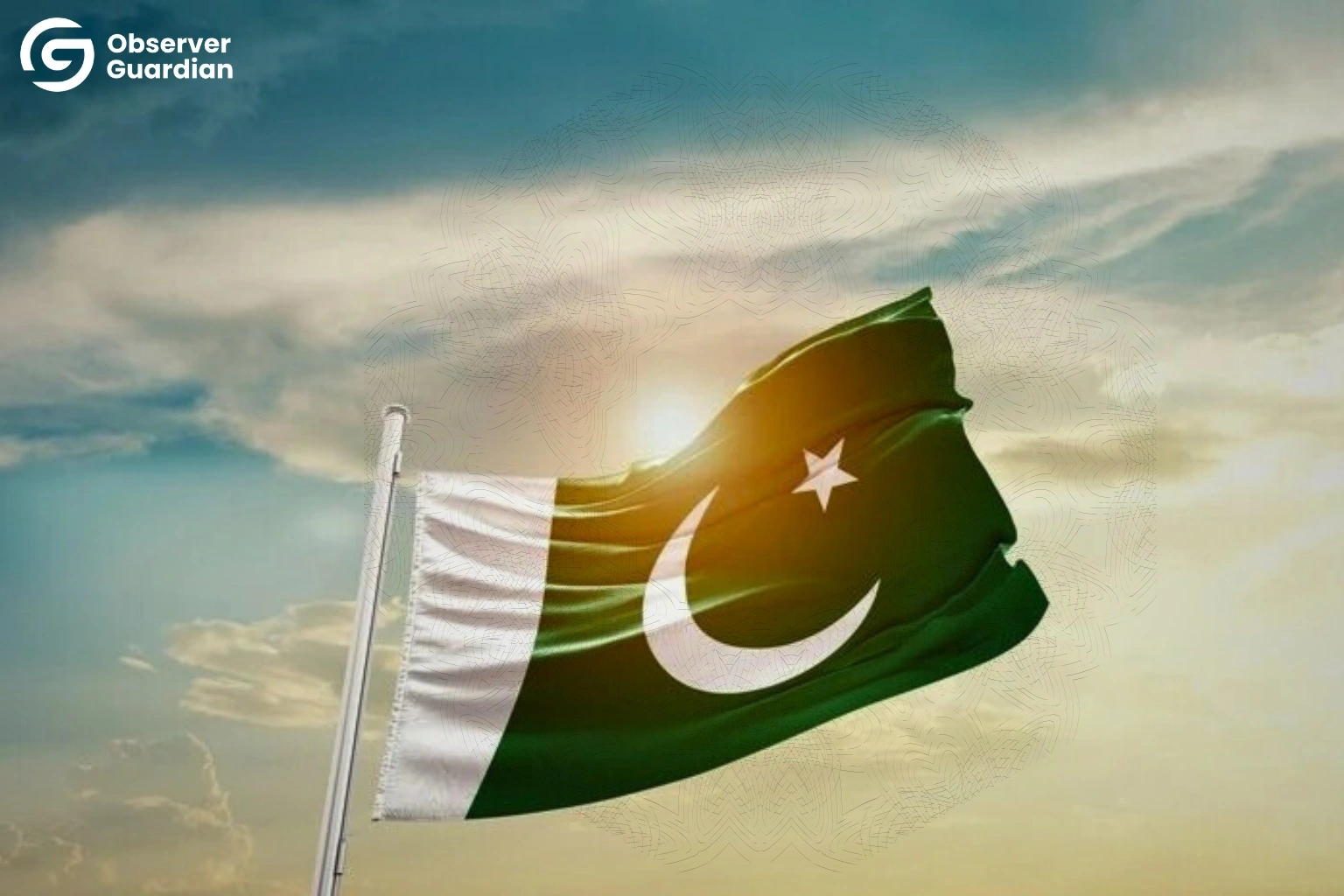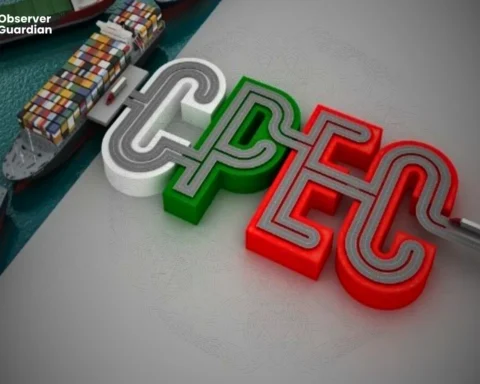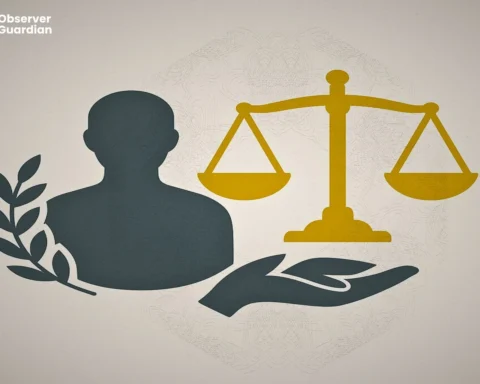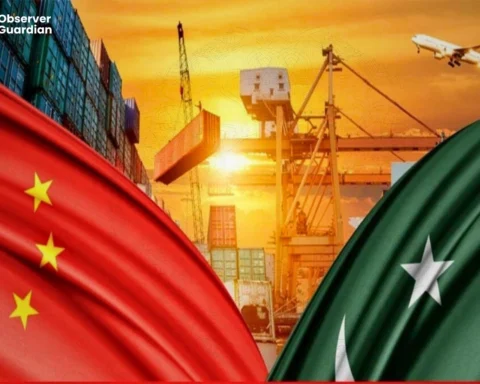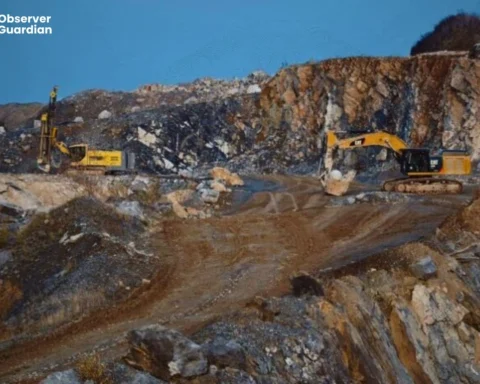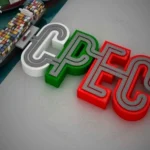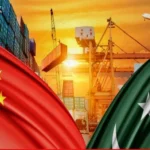Politics in Azad Jammu and Kashmir (AJK) has always been complex, intertwined with issues of identity, independence, and the broader Kashmir dispute. In recent years, the region has seen a flow of protests and movements, which some interpret as genuine public frustration, while others believe they are instigated or at least orchestrated by external actors. The reality lies somewhere between these extremes.
It is easy to dismiss the local opposition as foreign manipulation, however, the fact of the existence of outside interference would be naïve to ignore. So, it can be observed that a disconcerting convergence of legitimate political claims and opportunistic discourses is present, reinforced by proxy means, both at home and abroad.
The Local Pulse
The people of AJK are realistically concerned about some issues. The economic struggles, unemployment, political problems, and unequal development have left room for discontent. Besides, youth do not feel that they are part of the decision making process, and social media has been their vent. When they protest about employment, improved infrastructure, or governmental change, these are real local needs which must be taken into consideration.
So, outside actors usually realize that it is possible to leverage the public discontent. Such leverage is operational in terms of regional rivalries in the case of AJK. Stories initially presenting civic appeals might eventually turn into divisive rhetoric, undermining trust in institutions, and serving larger agendas that do not need to benefit local well-being.
The Role of Narratives
Moving forward, the conflict in AJK is informational and political. Rival discourses including grassroots and others finely cultivated define views of legitimacy and disloyalty. Some of those groups and campaigns by the Internet demonstrate the state institutions in Pakistan as oppressive or unconcerned, and every administrative conflict is presented as evidence of the lack of attention to the problem. Although the critique of governance is right, the framing tends to reflect external agenda that is aimed at creating mistrust and undermining the ethical basis of Pakistan’s stance on Kashmir.
This does not imply that all the protesters are proxies and all critics are subversive.
However, it does imply that messaging is important. By depending on slogans or social media campaigns that resonate with the speeches of adversarial forces, it becomes possible to lose their authenticity and lose the potential allies in Pakistan. Thus, it would add to more instability, and not reform.
Pakistan’s Position and Responsibilities
Moreover, the Pakistani history of aiding Kashmiri self determination cannot be questioned. It has always portrayed itself as a crusader in support of the Kashmiri people, both in terms of diplomacy and in humanitarian form. But solidarity must be introspective as well. AJK suffers real governance deficiency, bureaucratic inefficiency, political favoritism, and narrow economic diversification that contributes to the disenchantment of the masses. These problems could be addressed directly before they become attractive enough to warrant the divisive blame.
A self-assured state never feels afraid of criticism, it uses this to make positive changes.
In the case of Islamabad and Muzaffarabad, it is necessary to distinguish between real concern and an organized opposition, and to react openly instead of defensively.
Recognizing Proxy Patterns
Further, in South Asia, this is a time tested script of proxy politics, which is playing upon identity fault lines, delegitimizing institutions, and playing up outrage by manipulating the media. This tends to be represented in AJK to represent the region as something that is not part of Pakistan, or a dismissal of national unity through the prism of domestic administrative conflicts.
The cries might be populist in nature, which is the demand of rights, justice or empowerment, but the subtext often refutes the stability upon which the desired objectives are meant to be pursued. Here, the proxy narrative is seen when the agitation no longer requires reform but begins to challenge belonging.
Media Literacy and Public Awareness
Positively, society appears to be much more aware of these dynamics than some may believe. What is becoming increasingly doubted is the ability of those who are selling chaos in the name of rights, and it has been stated by local commentators. Citizens have been taught to be critical of sources, vote, and differentiate between justifiable advocacy and performative activism. So, this civic maturity is the best shield that can protect AJK against being manipulated.
But there should be awareness which is matched with opportunity. Citizens who believe that their voices are heard will make the best efforts to fight against disinformation. The social contract would become stronger by empowering local governance, investing in youth employment, and facilitating open dialogue, so that there is less room to divide people into divisive actors.
Additionally, a stable AJK is not merely a national pride issue of Pakistan, it is significant to the peace of the region. Similarly, there should be moderation, by admitting that indeed there is external interference, and yet it is also right for the people to express their problems.
Real allies to the Kashmiri people imply that they should be involved in their dreams, and not in their feelings. It is also the realization that they are not concerned with ideological fights being fought on their behalf, but rather with development, employment and peace.
Thus, the final judgment of the state and society at large should not ignore the right dissent, and the demand of rights must not be seen as something of alien interest. This would entail a balance in the resolution of problems in the region. Hence, it is in this balance that all the hope of progress of the region is pinned, and the possibility of unity, rather than unrest would shape the Kashmiri voice.
⚠ Disclaimer
The views and opinions expressed in this article are exclusively those of the author and do not reflect the official stance, policies, or perspectives of the Platform.


